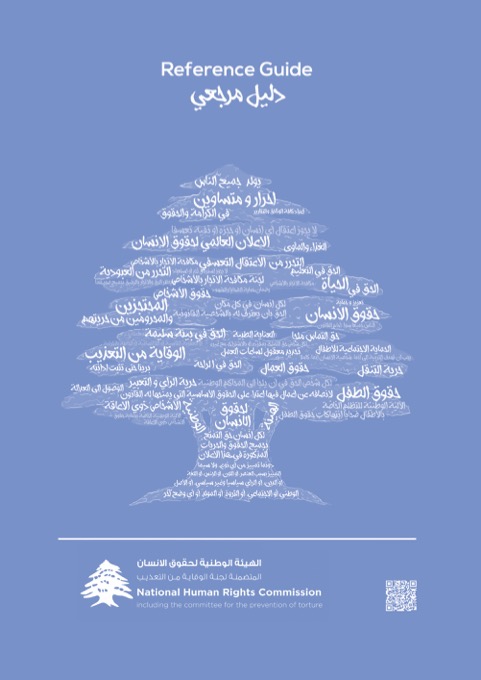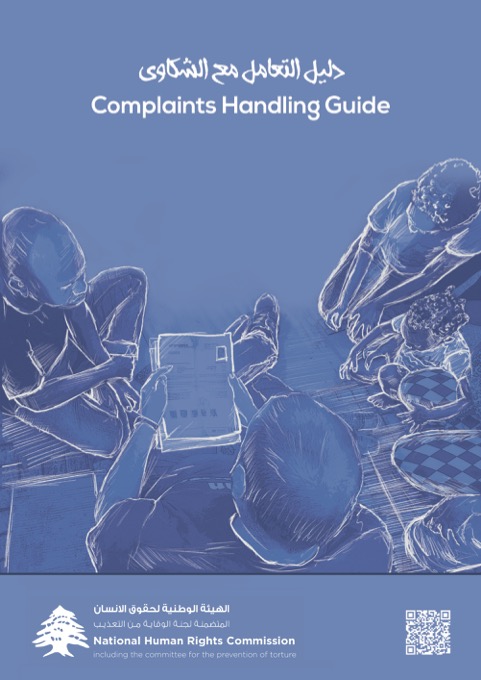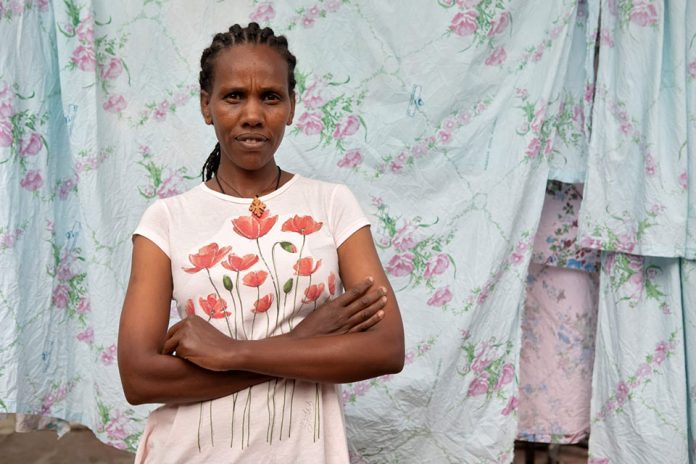A report by the Alternative Policy Institute (API) indicates that the course of the kafala system in Lebanon may be shifting after former Ethiopian domestic worker Meseret Hailu filed a lawsuit against her employer and the recruitment agency on charges of slavery and human trafficking.
Hailu, who worked in Lebanon for nearly a decade, was, according to her testimony, subjected to harsh conditions that included being denied her wages, working long hours without rest, having her passport confiscated, physical abuse, and being cut off from contact with her family. These violations led her to demand that her experience be recognized as a form of modern-day slavery, not merely a conventional labor dispute.
The kafala system emerged as a mechanism to regulate foreign labor in the Gulf region after the abolition of slavery, tying the legal status of migrant workers entirely to their employer in the host country. In Lebanon, this principle was reinforced by the 1962 Foreigners Law, while Article 7 of the 1946 Labor Law explicitly excluded domestic work from basic labor protections.
The 2009 Standard Unified Contract provides migrant domestic workers with some basic protections, such as a monthly salary, one weekly day off, paid sick leave, health insurance, and set working hours. However, the contract clearly favors employers when it comes to termination of service: workers are only allowed to terminate their contracts if they can prove physical violence or sexual assault. The contract also does not address the issue of passport confiscation. In practice, workers cannot leave or change their employer without the employer’s consent. Moreover, they are excluded from labor law protections, such as minimum wage, regulated working hours, weekly rest days, overtime pay, and the right to unionize.
The case was reopened in March 2025 following the intervention of the Public Prosecutor in Mount Lebanon, and it is expected to set a legal precedent that could lead to the first-ever trial related to slavery in Lebanon.
The case highlights the contradictions in Lebanon’s international commitments, as the kafala system violates several international covenants and International Labour Organization conventions. Meanwhile, Lebanon has not ratified the 2014 Protocol to the Forced Labour Convention.
Advocates for domestic workers’ rights believe this case could lay the foundation for judicial recognition that the kafala system constitutes a form of legalized slavery, making it possible to prosecute such practices under the 2011 Anti-Trafficking Law.
هذه المقالة متاحة أيضًا بـ:
العربية (Arabic) Français (French)



